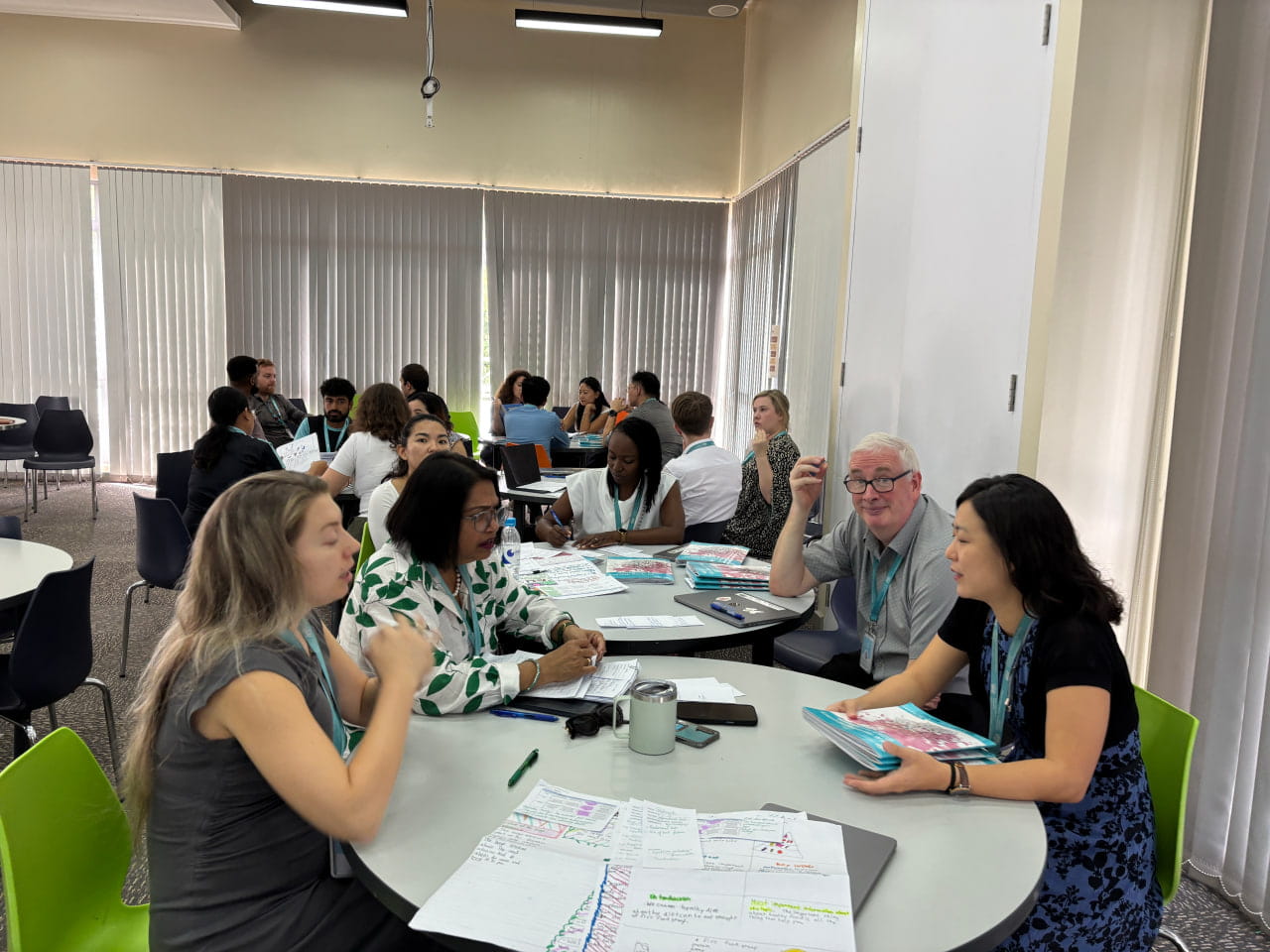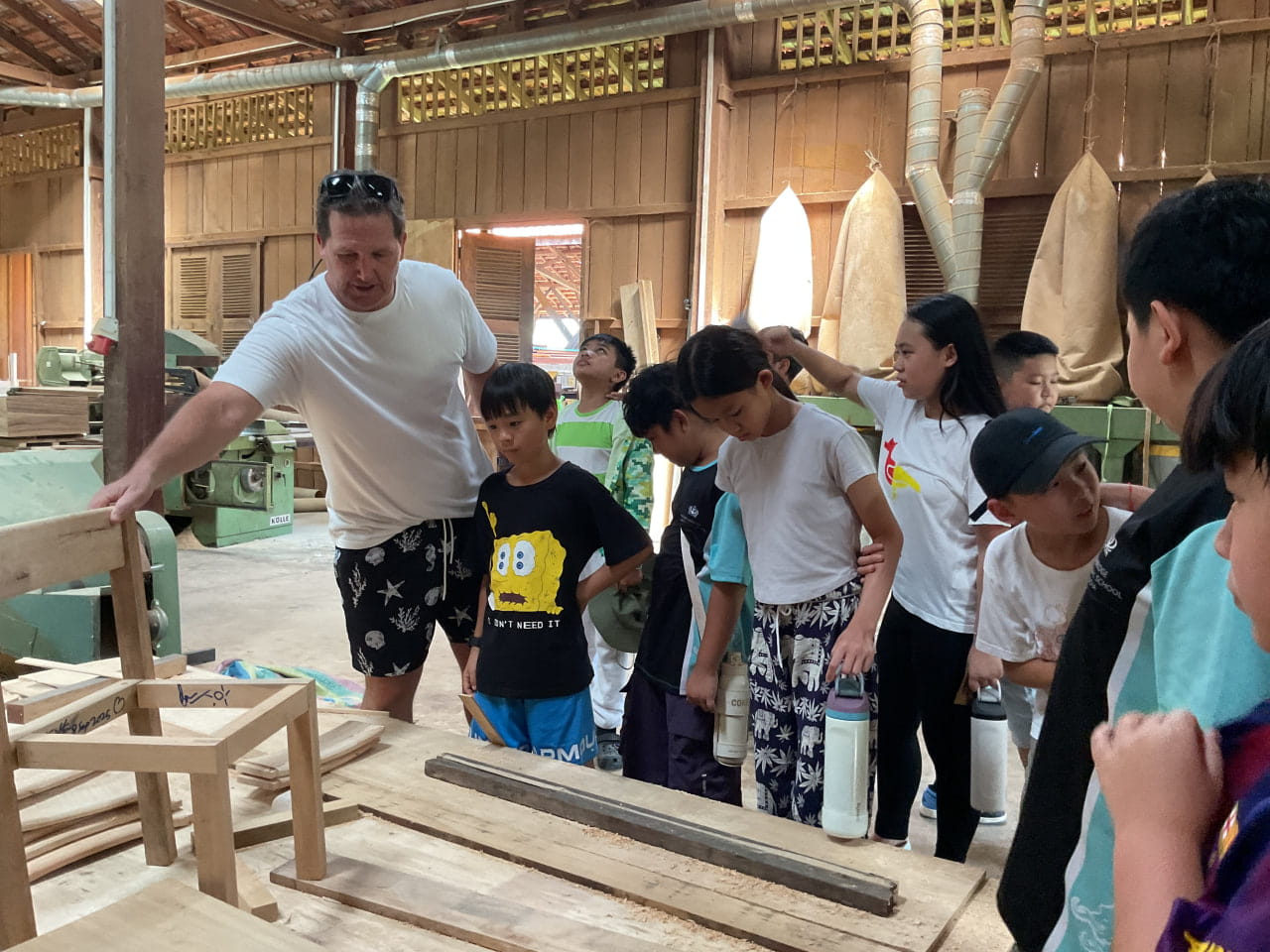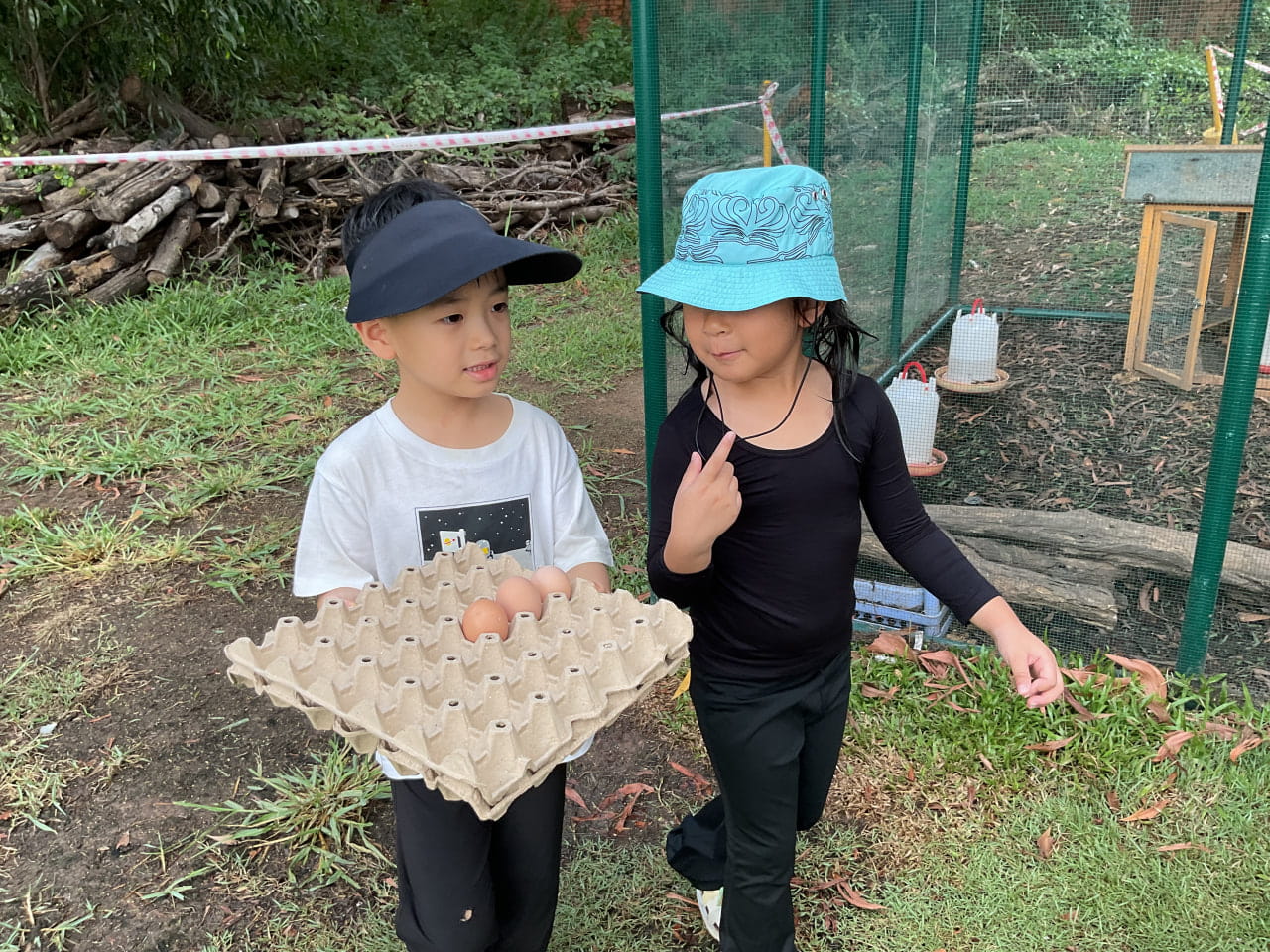Tips for helping your child achieve in mathematics at Northbridge As a Northbridge International School Cambodia parent, are you ever stuck wondering how to help your child strengthen and deepen their mathematical understanding?
As a Northbridge International School Cambodia parent, are you ever stuck wondering how to help your child strengthen and deepen their mathematical understanding?
Parents make a meaningful impact on their children’s development and achievement in mathematics. Developing a positive relationship with your child and asking the right questions can lead to critical and creative thinking in problem-solving.
Some interesting new brain research has recently shown that when people make mistakes, synapses, moving electrical signals, in our brain fire (Moser et al., 2011). This movement can carve new neural pathways and these pathways can connect with each other. The more connections we make the more pathways are made in our brain. Wow! Your mistakes actually grow your brain!

Here are some guidelines from mathematics educator and researcher at Stanford University, Jo Bohler, that will foster your child’s brain growth.
Tips for working with your child:
Praise him for making mistakes.
Encourage your child to try challenging problems, so she can make mistakes.
Do not lead him through the steps to solve the problem. Make him do the thinking.
Ask her to draw it out.
When her answer is wrong, try to find the logic in it.
Play games with your child.
Give your child puzzles.

At Northbridge, teachers use purposeful questions to guide the units of learning in all subject areas. Questioning is an important aspect of inquiry learning. A thoughtful question has the power to challenge our thinking to a higher level.
According to Cecil & Peifer (2011), inquiry learning gives students chances to solve real-world problems by asking and answering authentic questions. However, coming up with an effective question is not always an easy task.
When your child needs help in mathematics try one of these questions below, suggested by Jo Bohler:
Questions to ask your child which will enrich his or her sensical thinking:
How did you get this answer? (ask for both correct and incorrect answers)
Can you try a different way of solving this?
What is important about this work?
Would this method still work with different numbers?
How could you draw this problem/question?

At Northbridge, we believe the type of interactions parents have with their child will shape who they become in the wider global society. Spending quality time discussing and helping your children in mathematics will send them a message that you care about their learning, growth, and development.










